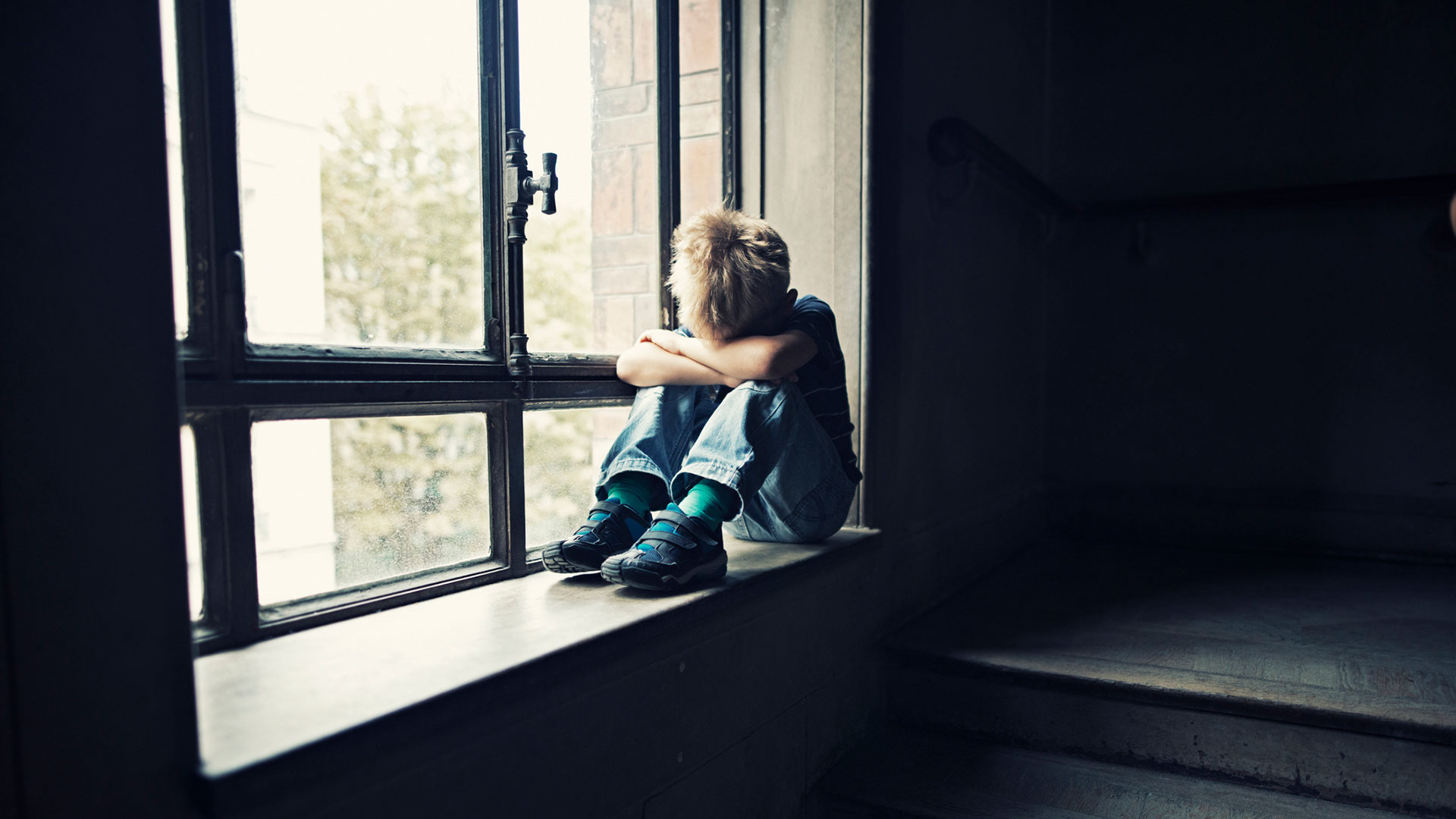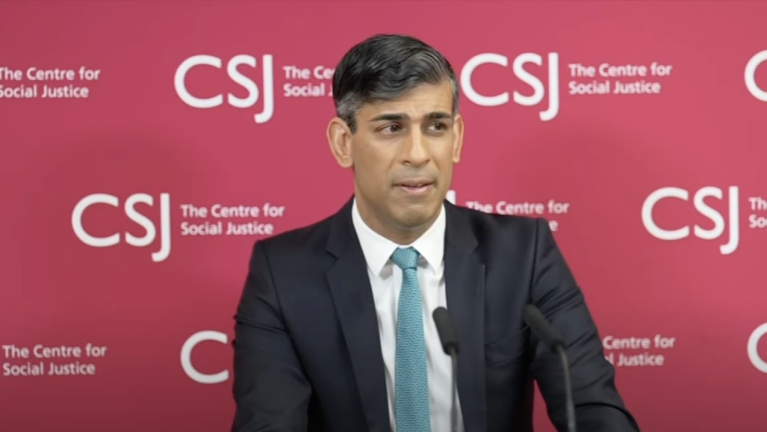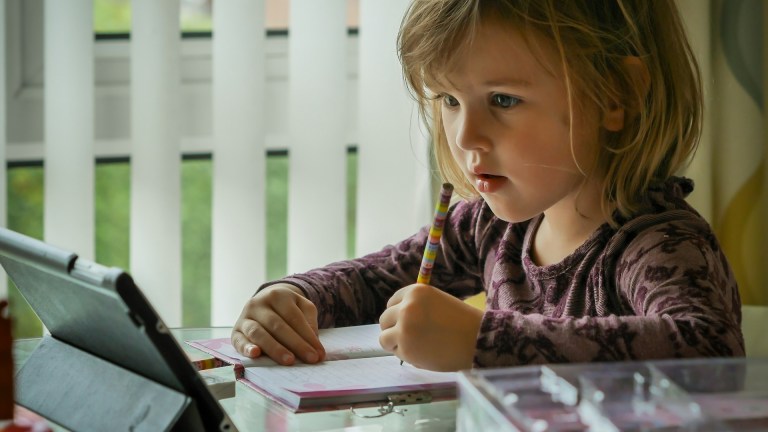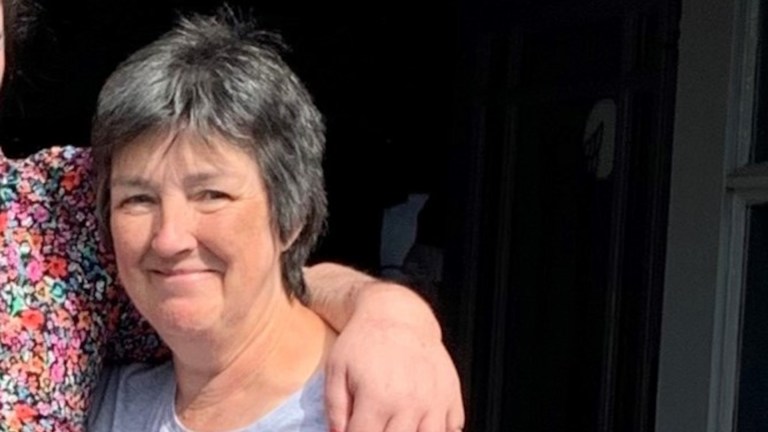The two-child benefits limit will push one million already disadvantaged children further below the poverty line by 2023, experts have said two years after the policy was introduced.
A report by the Child Poverty Action Group (CPAG) and the Church of England showed that it has also pushed some women to consider abortions to make sure they could feed their families.
The policy restricts the child element in Universal Credit and tax credits, worth £2,780 per year for working families, to the first two children (excluding third or subsequent children born before April 2017).
Research that drew on contributions from Women’s Aid, the Refugee Council and Turn2Us demonstrated that the two-child limit disproportionately impacts working families. Parents reported being forced to cut back on fresh food for their children, accruing debt as they couldn’t cover utility bills and having to withdraw older children from activities like swimming lessons and school trips.
However analysis proved that for most families it would be impossible to compensate for the financial loss as a result of the policy by working more hours. A couple who have three children, one under two, who incur travel and childcare costs, and have one partner working full time for the National Living Wage (NLW) and one partner not working in order to care for the youngest child, would have to have the non-working partner take on a job of 31 hours per week to make up the loss.
Meanwhile a single parent of three working 16 hours for the NLW while incurring travel and childcare costs wouldn’t even cover the financial loss if they were to increase their hours to 50 per week.









